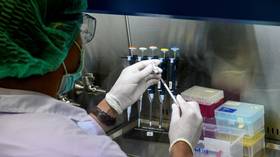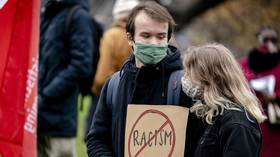Thailand’s second domestically developed Covid-19 vaccine to start human trials

Thailand’s Chulalongkorn University has announced that the country’s second domestically developed vaccine is set to start human trials, and researchers hope to produce up to five million doses of the jab by the end of 2021.
The ‘ChulaCov19’ vaccine has proved effective in tests that have been conducted on mice and monkeys, allowing it to proceed to tests on humans either in late April or early May.
Announcing the proposed production timeline, Kiat Ruxrungtham, from the Chula Vaccine Research Center, said that “By year-end we should have a production capacity of one to five million doses annually,” suggesting the number could reach as high as 20 million per year.
It is not yet clear if the vaccines being produced in Thailand will be effective against new strains of Covid-19, such as the Kent or South African variants. But Chulalongkorn University has said it is already working on new doses that will protect people against mutated viruses.
Also on rt.com Thailand to introduce tourism tax for every visitor, advised to legalize gambling to help stop the spread of Covid-19Another Covid-19 vaccine is being developed in Thailand, as part of research from Mahidol University. However, while it is also scheduled to start human trials shortly, it is not expected to be publicly available, if it gets approved, until the country has begun its domestic production of AstraZeneca vaccines.
The Thai government has faced criticism for its slow Covid-19 vaccine rollout, particularly for its refusal to join the World Health Organization’s COVAX scheme. The country has ordered 26 million doses of the AstraZeneca vaccine, which will be ready to use in June, with a view to distributing 10 million doses per month after that.
Public health minister Anutin Charnvirakul had initially suggested that 50,000 doses would be received this month from AstraZeneca but has since walked back that claim, stating it was a request, “not an agreement.”
Like this story? Share it with a friend!














